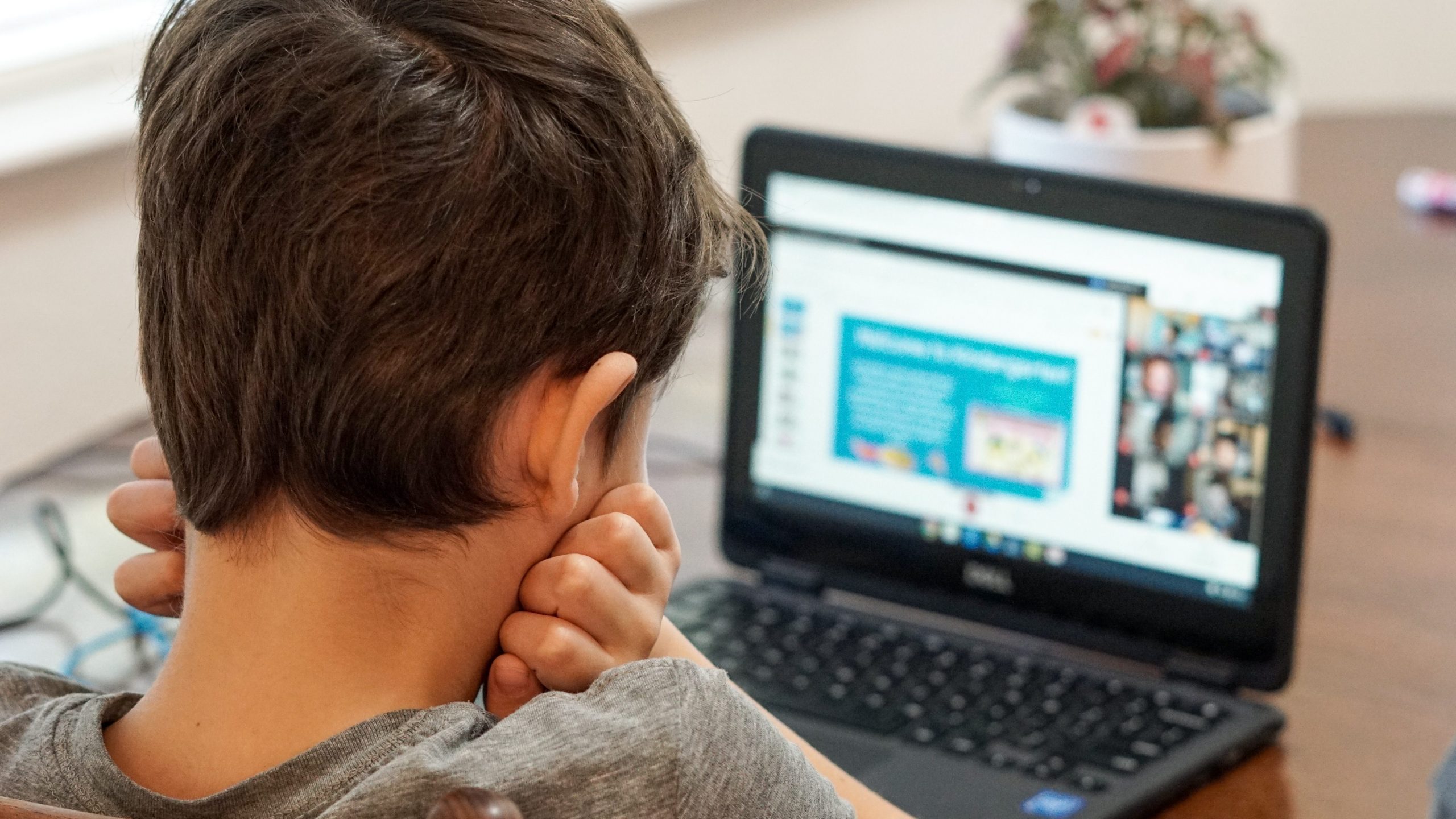What is the best way to study online? Should you do an online programme? How to better manage time when learning online?

These are all questions that we at Robert Kennedy College (RKC) get regularly asked by students looking to join one of our online programmes. Undertaking to do an online master’s degree programme will be an additional commitment to your time and finances, and it is wise to get information beforehand.
Through this continuing series of blog posts, some of our past and current students have shared their experiences, thoughts and opinions and given their feedback on handling some of these choices and situations. Hopefully, this will help you to make an informed decision.
“Expect it to be tough but rewarding.”
Philip Redhead
An Introduction

Who are you?
Philip Redhead
Which Uni are you studying with?
York St John University
Which programme did you choose and why?
MBA Leading Innovation and Change. I selected this course to build on my MSc in Educational Leadership and Management in terms of a broader business and strategy angle.
The Study Plan

How did you plan to study each module, and what was the reality? For example, how many hours did/do you have to put in each day/or in a week?
Each module really does require 200-300 hours. I planned for 2-3 hours per day on most weekdays and extended periods at weekends. I also took leave at crucial times to ensure submission deadlines were met.
What part of the day did/do you find most suitable to study? (e.g. early mornings, lunch break, evenings, weekends?)
Evenings through the week and full days at weekends and on the days I took leave leading up to the draft and final submissions.
How much time did you devote to each assignment?
200-300 hours
Travelling and Communication

How did travelling impact your ability to study?
As a consultant, I was travelling regularly, which helped me have alone time in hotels to focus on my studies. I even got quite a lot done on planes.
How were you able to interact with peers and/or professors given the time differences?
This was fine. I was always within 3-4 hours of Zurich and York. Also, being ‘ahead’ gave me an extra feeling of comfort over deadlines!
A typical day as a master’s student
What does a typical day as an Online Masters’ student look like for you?
Depends. On working weekdays maybe 2 hours most evenings. Then planned, long days in cafes.
Any advice?
Any advice you have for students to better plan their studies.
Expect it to be tough but rewarding. Plan time across the 12 weeks of each module when you know, you will be alone and not be disturbed. The better you plan and communicate your plan, the more understanding and supportive your family and employer will be! Select your module dates according to your commitments, and don’t be afraid to change. Resist the temptation to do this quickly and overlap courses if you are also working full time.
I hope this blog has answered some of your questions, and please watch this place for more similar blogs. You can also chat LIVE on WhatsApp with one of our Education Advisors for more information on all the programmes we offer and the application process.

























